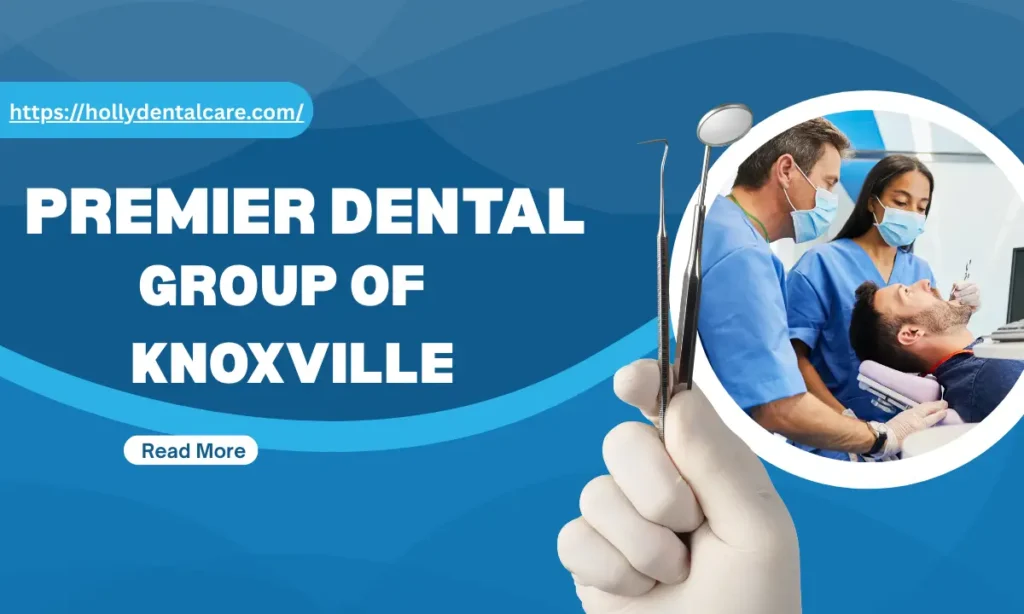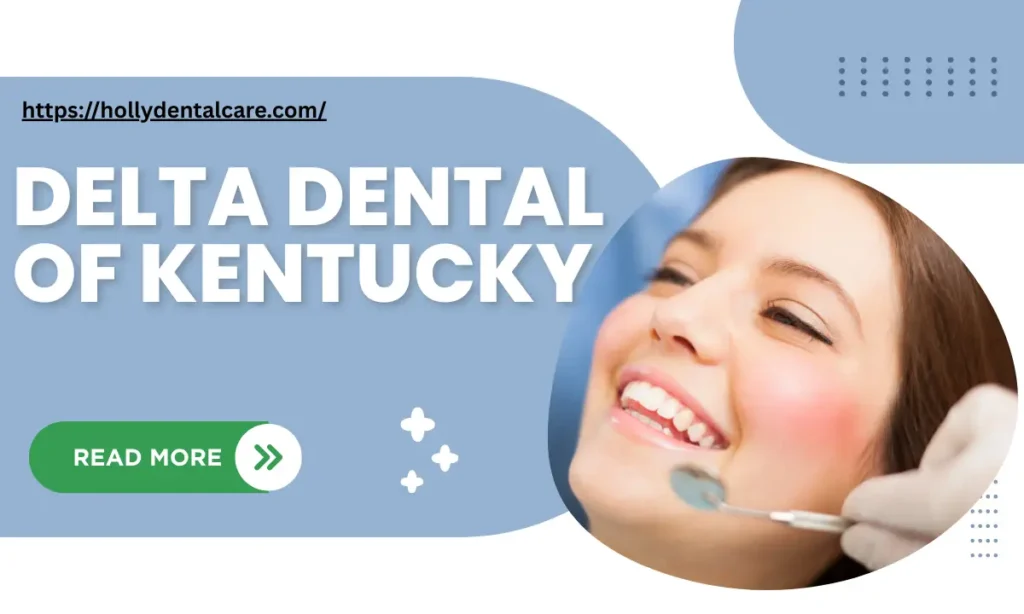Tooth decay is one of the most common oral health problems people have to contend with in the world. Cavity formation begins with small areas of demineralization on teeth, where, if not treated, infection sets in. Dental visits are among the standards followed to treat tooth holes, but most people would rather go for natural or home-based approaches, either for accessibility, cost, or even just personal reasons. But how effective can that be? Is it possible to reverse or eliminate tooth decay without a dentist?
This comprehensive guide will furnish what tooth decay is all about, its causes and symptoms, and scientifically backed ways one might actually slow down, possibly even reverse, early-stage decay, and prevent it at home. But while doing so, it recognizes the limitations of home care as well as when one should seek out practice.
What is Tooth Decay
The process starts from emptying herbal products on dental plaque, causing the enamel to dissolve by the acids formed, giving rise to a cavity formation. Advanced stage cavities certainly require professional treatment; however, cavitation at an early age can sometimes reverse with an apt regimen of home care.
Natural remedies, such as oil of cloves or oil pulling, may ease the discomfort, but they do not relate to dental treatment. Horace should immediately be treated by a dentist if he or she feels a cavity or visible hole when pressing the area around it. In other cases, home treatment performed at an early stage can slow or even reverse decay.
Stages of Tooth Decay
- Demineralization: Acidic attacks on enamel result in its loss of minerals.
- Carious Enamel: An apparent cavity manifests in the enamel.
- Dentin Decay: The decay advances to the softer, deeper dentin underneath.
- Pulp Involvement: The nerve gets contaminated by the bacteria causing pain and is likely to be treated through root canal.
- Abscess Formation: Infection may develop affecting the jawbone outside the tooth.
How to Remove Tooth Decay Yourself?
An established cavity cannot be removed by the patient but should be treated by a dentist if it has involved the dentin or deeper tooth layers. However, with early detection of caries at the initial stages of demineralization, it is possible to halt further development and remineralize the enamel to reverse even part of the damage inflicted by the decay. The preventive measures themselves are aimed at changing the local oral environment so that it becomes less favorable for plaque bacteria that produce acid and waste.
Dietary Changes to Fight Decay
Reduce Sugar Intake
Seeds of decay nourish bacteria is sugar. Avoid drinks with bubbles and a fizzing sensation. Business ambience flavored with the aroma of chocolates and confectioneries. Sweetened cereals with artificial and natural flavors make them irresistible. Crunchy chips and pop-and-chomping ‘satellite’ friends.
Limit Acidic Foods and Beverages
Lemons, soda, vinegar, and sports drinks can all be said to erode enamel. If consumed:
- Herein, use a straw
- Later, rinse with water afterward
Increase Intake of Nutrient-Rich Foods
- Vitamin D and calcium are also very nutritional substances. They are needed for stronger bones, and can be found in foods, including eggs and salmon, as well as exposure to sunshine.
- Calcium: They are vitamin for healthy teeth. Sources are milk, yogurt, and greens.
- Phosphorus: The secret to having bones is calcium and phosphorus. Most of it can be found in meat and eggs, and fish.
Chew Sugar-Free Gum
Try xylitol gums because:
- They inhibit bacterial growth.
- They provoke a flow of saliva.
Effective Ways to Maintain Oral Hygiene
Brush Twice Daily
- Use soft bristles
- Brush for 2 minutes
- Replace the brush every 3 months
Floss Once Daily
Flossing always removes food and plaque between teeth where a brush can’t reach.
How to Remove Tooth Decay at Natural Remedies
Clove Oil for Pain Relief
There is eugenol found in clove oil that gives the latter a natural anesthetic and antibacterial ability.
How to use:
- Mix clove oil with coconut oil.
- Dip a cotton ball in the mixture and apply it to the affected tooth.
- Use sparingly as excess can result in irritation.
Aloe Vera
Aloe vera gel reportedly has antibacterial properties. Some toothpastes include it to reduce plaque.
Neem Twigs
Traditional Indian method. Neem has antibacterial effects and can be used to brush teeth naturally.
Saliva Stimulation
Saliva is your mouth’s natural defense. It neutralizes acids and brings minerals back to the teeth. To boost saliva:
- Always stay hydrated
- Here, chew sugar-free gum
- Use saliva-stimulating lozenges. If you suffer from dry mouth
Use DIY Remineralizing Pastes
Sample Recipe
- 4 tbsp calcium carbonate powder
- 2 tbsp coconut oil
- 1 tbsp baking soda
- Few drops of peppermint oil (optional)
Instructions
- Herein, mix into a paste and store in a small jar
- Use once daily in place of toothpaste
This paste can help neutralize acid and supply minerals, but cannot fill a cavity.
Monitor and Track Decay Progress
Check for signs of improvement or worsening:
- Is the white spot fading or growing?
- Is there new sensitivity?
- Any pain or swelling?
Photographing your teeth weekly can help track changes.
Myths About DIY Cavity Removal
- Avoid using lemon or vinegar to clean teeth (very acidic, causes erosion)
- Do not rub garlic directly for hours (can cause burns)
- Avoid DIY drilling kits (dangerous and can cause infection)
When to Visit a Dentist
Notify your dentist if you experience:
- Pain or sensitivity
- Black or brown spots
- Cracks or visible holes
- Swelling in your gums or face
- Bad breath or bad taste
Dentists can
- Professionally remove decay
- Fill cavities
- They can apply sealants or fluoride varnish
- Prescribe remineralizing agents
Conclusion
One can’t really heal deep tooth decay, but if the cavity formation is early enough, under good conditions of hygiene maintenance, diet control, and application of remineralizing agents, it will heal. Oil and fluoride, along with natural remedies, might contribute to the improvement of the tooth; they should rather serve as supplements to an already established treatment plan instead of being alternatives to it.
Remedies could chiefly prevent or act as adjunctive measures; in developed decay cases, you should get proper help to spare yourself complications like abscesses, root canals, or loss of teeth.
Also read:- How to Stop Tooth Pain Fast: Complete Treatment Guide



